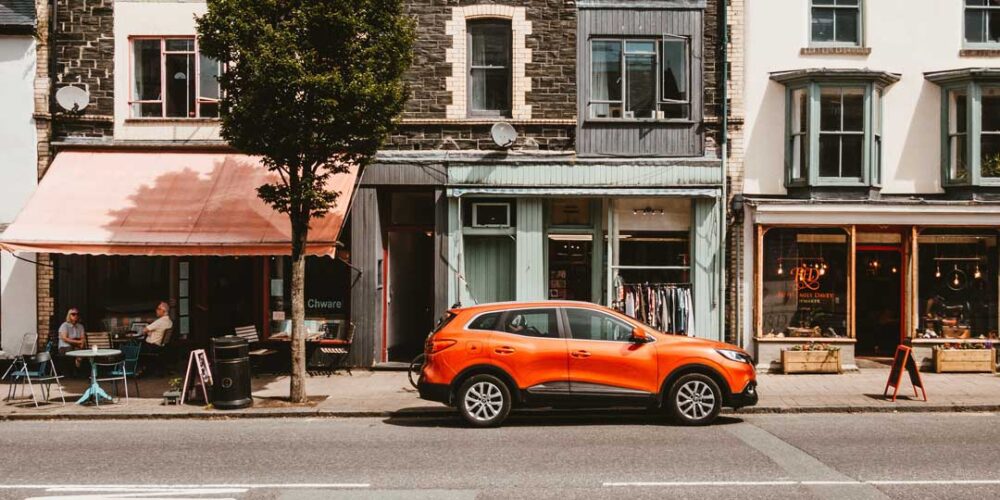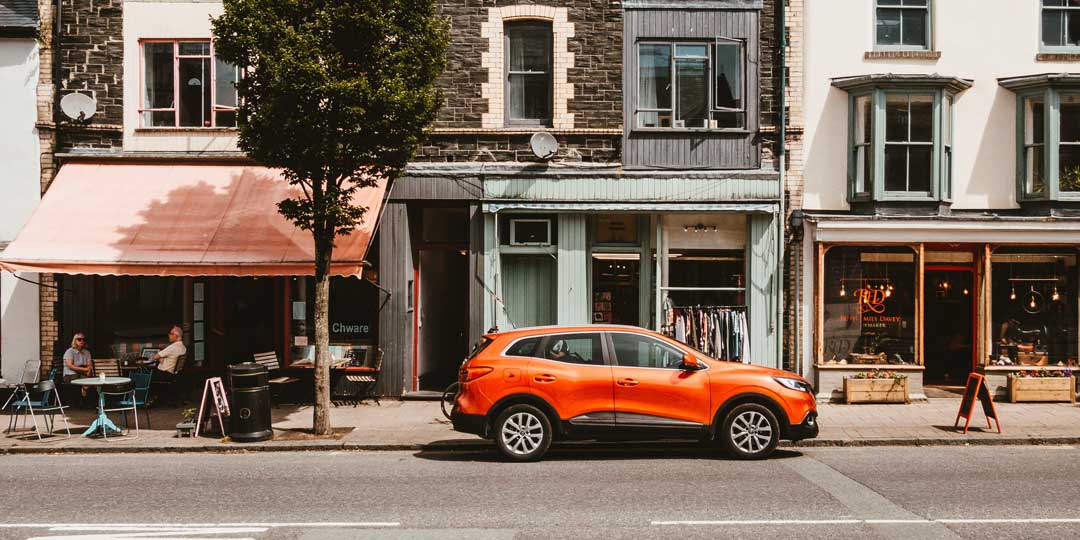Buying a car is one of the most significant financial decisions one can make in their lifetime. Depending on personal circumstances and where you live, owning a car can be very useful and sometimes even essential to your lifestyle. However, because vehicles depreciate in value over time, they’re not the best investment.
The rise in popularity of lease agreements in the automotive industry has provided many aspiring car owners with a more affordable and convenient option that won’t put them in debt or render them penniless. In the United Kingdom, 1.6 million drivers choose to lease rather than buy their vehicles today.

Car leasing refers to the act of “renting” a car from a dealership over a set period of time instead of buying it and paying monthly for the price of the rental.
A practice that was at its most popular in the early 1990s, car leasing has long been thought of as an innovative, low-cost solution for individuals seeking all the benefits of a modern, high-end car without the hefty price tag. It first became widely available in the 1940s, when significant automobile companies began offering lease options for personal and business vehicles.
Considering the fact that monthly payments are often between 30% and 60% of a vehicle’s overall value, it’s easy to see the cost benefits of leasing a vehicle. The monthly payments are also fixed, making your costs predictable and risk-free – you know what you’re signing up for. Furthermore, you don’t end up with a valueless asset. The leasing dealership takes on all the risk of depreciating value.
With leasing dealerships such as Vantage Leasing, for instance, there are additional benefits to the consumer involved. The car can be delivered to your address and collected at the end of your lease period. Regular services and maintenance costs can be factored into your lease agreement at the beginning of the contract period. All monthly payments also include a Road Fund License. You can view their Car Leasing Special Offers today.
Dealerships such as Vantage Leasing also provide more choices than you would typically have when looking to buy a new vehicle. Whether you’re looking for an electric vehicle that’s both modern and environmentally friendly, an SUV that can fit the whole family or a sleek and luxurious sports car, there are limitless leasing options nowadays that suit every consumer’s needs.
Rental vehicles can be offset against taxable profit, and further VAT can be reclaimed if the vehicle is used partially or entirely for business purposes. While every lease agreement comes with mileage limitations, contracts can otherwise generally be tailored and negotiated to fit the unique needs of the consumer.
If we look at the alternative of purchasing a vehicle, the flashy appeal of “buying a new car” quickly wears off when you consider the long-term damage it may have on your finances.
Economically, the cost of purchasing a new car has risen even faster than the rate of inflation. Many individuals would require a loan in order to afford a new car, and this creates an unnecessary debt that can be difficult to escape. As with any long-term loan, you end up paying significantly more than you would if you paid upfront when compound interest is factored in. During the time you’re repaying the loan, you don’t actually own the car anyway – similar to how it works with leasing. However, when you purchase a car with a bank loan, you’ll end up with a depreciated vehicle that will soon need to be replaced by the time your loan is paid off. Additionally, your car’s warranty will almost certainly wear off before the loan is repaid.
When compared with leasing, purchasing a car also includes the costs of taxes, insurance, and regular maintenance services – all things that can be included in the cost of your lease agreement.
So, how does it work? Entering into a lease agreement with a dealership is actually a simple procedure: once you’ve selected the vehicle of your choice, the dealership will draw up a contract and calculate the monthly payments you’ll be required to make by subtracting the car’s ‘residual value’ – in other words, the car’s estimated value once you’ve reached the end of the leasing period – from the car’s initial value at the beginning of the contract.
This amount is divided by the number of months in your lease period, with insurance added, to arrive at your monthly payment amount. This is used to draw up a contract, which both parties can negotiate until a mutual agreement is reached. Once the contract is signed, the car will be released into the consumer’s possession for the duration of the lease period and returned to the dealership thereafter.
There are various options one can choose from when it comes to deciding what happens to the vehicle at the end of the lease period. In the event that the hirer chooses to lease the car on the basis of a personal contract hire, the car is returned to the dealership upon the completion of the lease period at additional cost. If a personal contract purchase is chosen, the hirer pays a lump sum payment at the end of the lease period and keeps the vehicle or trades it in/sells it and puts the proceeds towards leasing their next car. In the event a finance lease agreement is chosen, the hirer can pay the entire cost of the vehicle, including interest, over the agreed-upon lease period and receive a portion of the profit when the car is ultimately sold. And finally, if the hirer selects a hire purchase agreement, they have the option of eventually owning the vehicle at the end of the lease period if they pay a final balloon payment.
Some of these options do give you the option of ultimate car ownership, but this is an option that can be selected by the hirer if the vehicle is still in good condition. In the event they would rather continue driving new cars every few years, they can simply return the vehicle and begin a new lease agreement on a newer one.
Overall, leasing a car is evidently popular for its flexibility, low costs and the ability it gives drivers to renew their vehicles frequently. It’s easy to see why it makes monetary sense. However, every individual budget and financial plan is different – some may feel that purchasing is better suited to their needs and lifestyle. Either way, car leasing isn’t going anywhere anytime soon.




















